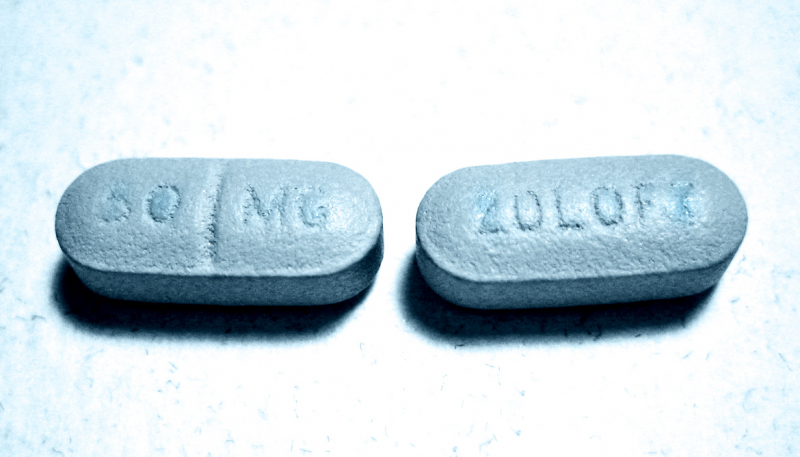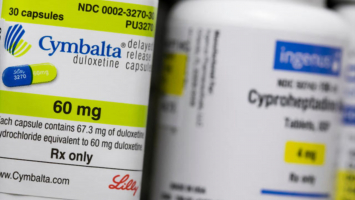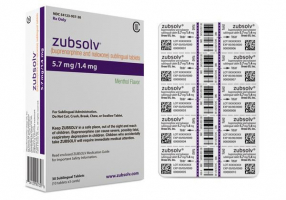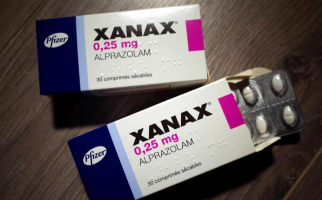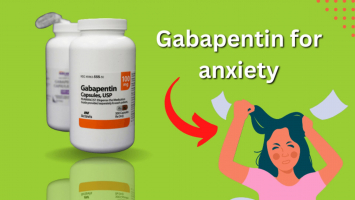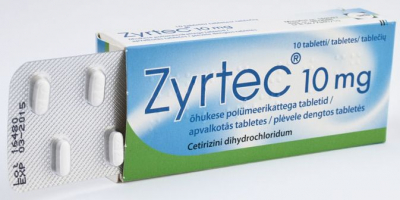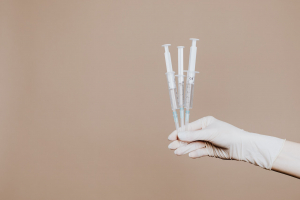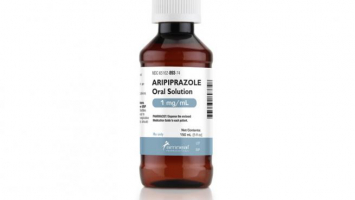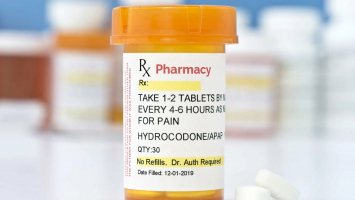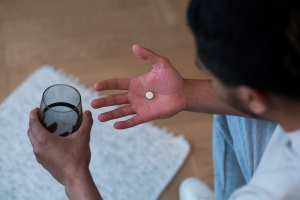Top 9 Things to Know About Zoloft
Zoloft (sertraline) is an antidepressant used to treat a variety of illnesses, including post-traumatic stress disorder (PTSD) and social anxiety disorder ... read more...(SAD). It is also used off-label to treat a wide range of medical issues, from neuropathic pain to some forms of sexual dysfunction. Although Zoloft is considered a safe medicine, it can cause adverse effects such as decreased appetite and tremors, and there are certain precautions you should take before using Zoloft. Read on for more information about Zoloft that you should know.
-
Zoloft is an antidepressant that belongs to the class of medications known as selective serotonin reuptake inhibitors (SSRIs). It works by regulating serotonin levels in the brain and nerves. Some kinds of depression, premenstrual dysphoric disorder (PMDD), social anxiety disorder (SAD), obsessive-compulsive disorder (OCD), panic disorder (PD), and post-traumatic stress disorder (PTSD) are treated with Zoloft.
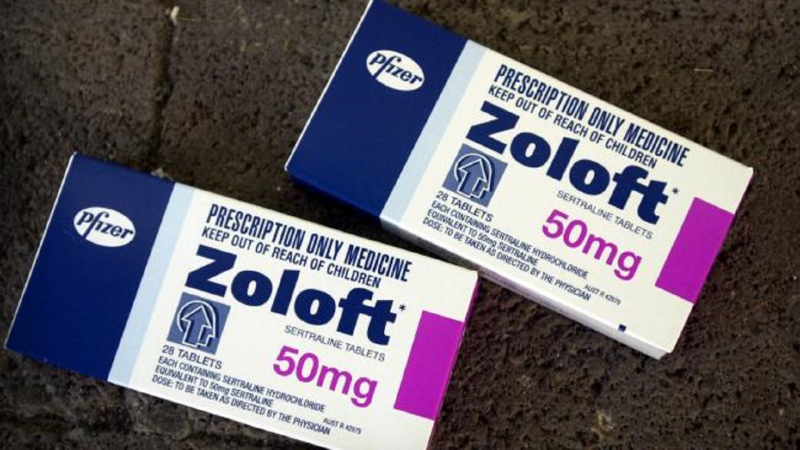
emeds.pk 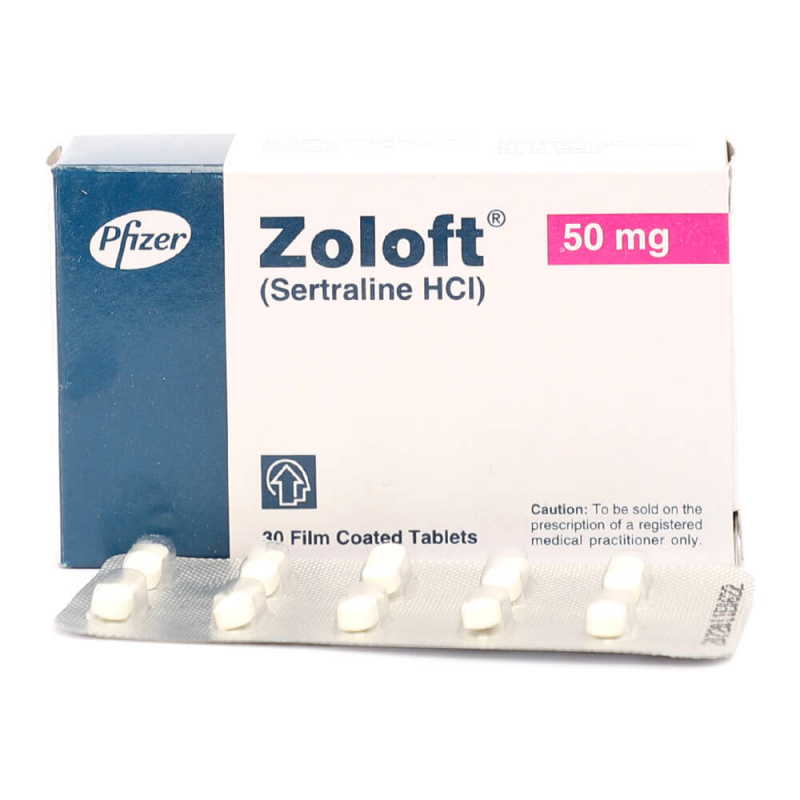
emeds.pk -
If you are also on pimozide or being treated with methylene blue injection, you should not take Zoloft.
If you have taken an MAO inhibitor in the last 14 days, such as isocarboxazid, linezolid, methylene blue injection, phenelzine, rasagiline, selegiline, or tranylcypromine, do not use Zoloft.
When first using an antidepressant, some young individuals suffer suicidal thoughts. Keep an eye out for changes in your mood or symptoms. Inform your doctor about any new or worsening symptoms.
If you suffer symptoms of serotonin syndrome, such as agitation, hallucinations, fever, sweating, shivering, high heart rate, muscular stiffness, twitching, lack of coordination, nausea, vomiting, or diarrhea, get medical assistance right once.
Do not discontinue Zoloft without first consulting your doctor.
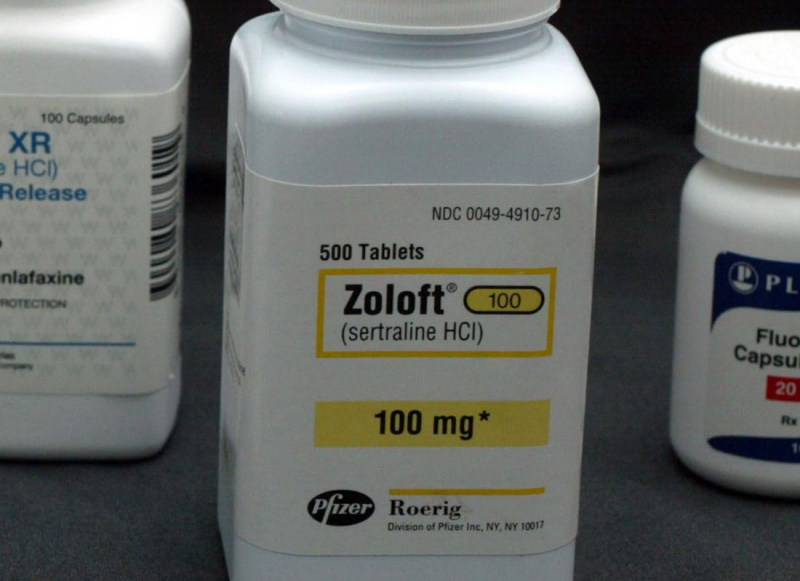
etuttor.com 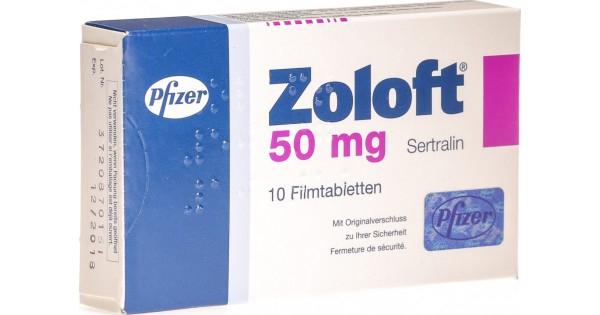
buyxanaxpills.com -
If you are allergic to sertraline or are on pimozide, you should not use Zoloft. If you are on disulfiram, do not use Zoloft oral solution. Do not use Zoloft for 14 days before or after taking an MAO inhibitor. A harmful medication interaction is possible. Isocarboxazid, linezolid, methylene blue injection, phenelzine, tranylcypromine, and other MAO inhibitors are available.
Inform your doctor if you are also using stimulant medication, opioid medication, herbal items, or medication for depression, mental illness, Parkinson's disease, migraine headaches, severe infections, or nausea and vomiting prevention. Sertraline interactions may result in a dangerous disease known as serotonin syndrome.
To ensure if Zoloft is suitable for you, inform your doctor if you have ever had:
- bipolar disorder (manic depression)
- heart disease, high blood pressure, or a stroke
- liver or kidney disease
- seizures
- sexual problems
- glaucoma
- bleeding problems, or if you take warfarin (Coumadin, Jantoven)
- long QT syndrome
- low levels of sodium in your blood
- an allergy or sensitivity to aspirin or tartrazine (food dye)
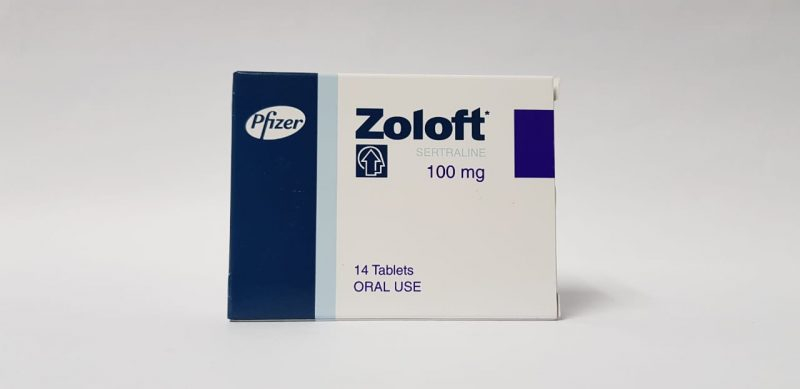
thedrugstoretnt.com 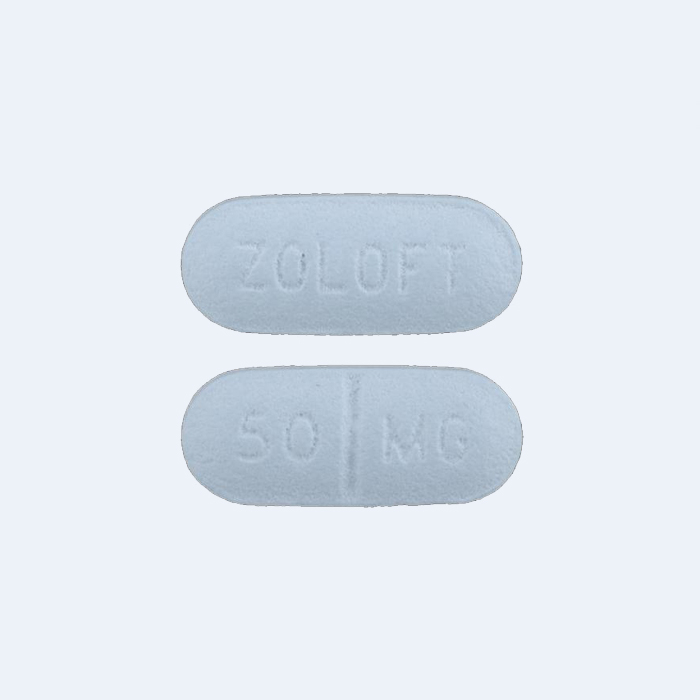
thedrugstoretnt.com -
Take Zoloft exactly as your doctor has instructed. Read any drug guides or instruction sheets and follow all guidelines on your prescription label. Your dose may be adjusted on occasion by your doctor. Take Zoloft at the same time every day, with or without meals.
Before taking Zoloft liquid (oral concentration), it must be diluted with a beverage. All mixing instructions supplied with your drug should be read and carefully followed. If you require assistance, see your doctor or pharmacist.
Inform your doctor if you notice any changes in your sexual function, such as a lack of desire in sex, difficulty achieving an orgasm, or (in males) issues with erections or ejaculation. Some sexual issues are treatable.
Use the provided syringe or a dose-measuring equipment to measure the combined medication (not a kitchen spoon). Sertraline may induce false positive urine drug tests. Inform the laboratory personnel that you are taking Zoloft.
If you stop taking Zoloft abruptly, you may experience unpleasant side effects (such as agitation, confusion, tingling or electric shock feelings). Before discontinuing medication, see your doctor. Keep firmly covered and away from moisture and heat at room temperature.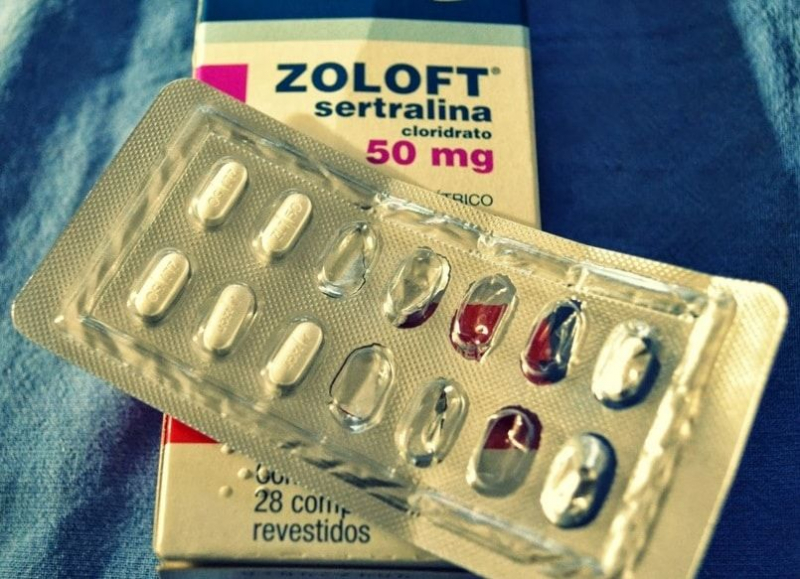
iswhaq.blogspot.com 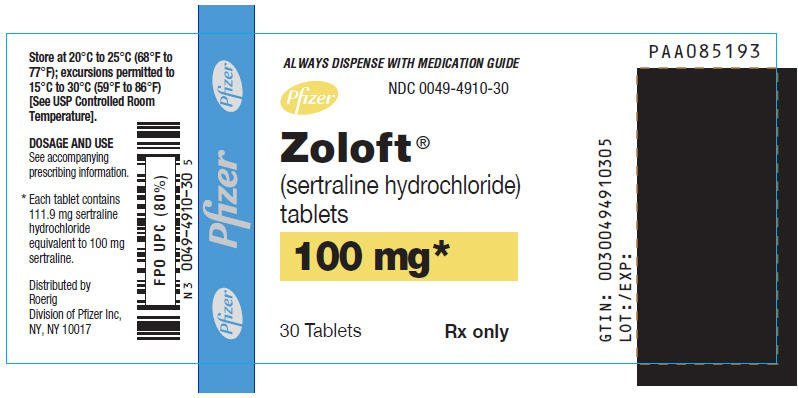
Drugs.com| -
If you notice any of the following symptoms of an allergic response to Zoloft, get immediate medical attention: A rash or hives on your skin (with or without fever or joint pain); difficulty breathing; swelling of your face, lips, tongue, or throat.
Report to your doctor any new or worsening symptoms, such as mood or behavior changes, anxiety, panic attacks, difficulty sleeping, or if you feel impulsive, irritable, agitated, hostile, aggressive, restless, hyperactive (mentally or physically), more depressed, or have suicidal or self-harming thoughts.
Zoloft has the potential to induce major adverse effects. If you develop any of the following symptoms, contact your doctor right away:
- unusual bleeding or bruising
- a seizure
- vision changes, eye pain, redness, or swelling
- low blood sodium - headache, confusion, problems with thinking or memory, weakness, feeling unsteady
- manic episodes - racing thoughts, increased energy, unusual risk-taking behavior, extreme happiness, being irritable or talkative

Addiction Resource 
healthpixie.net -
Zoloft has been linked to significant cardiac problems. If you also use some other medications for infections, asthma, heart problems, high blood pressure, depression, mental illness, cancer, malaria, or HIV, your risk may be increased.
Before using a nonsteroidal anti-inflammatory medicine (NSAID) such as aspirin, ibuprofen, naproxen, Advil, Aleve, Motrin, or others, see your doctor. When you combine an NSAID with Zoloft, you may bruise or bleed readily.
Other pharmaceuticals, including prescription and over-the-counter medications, vitamins, and herbal supplements, may interact with sertraline. Inform your doctor about any other medications you are taking.
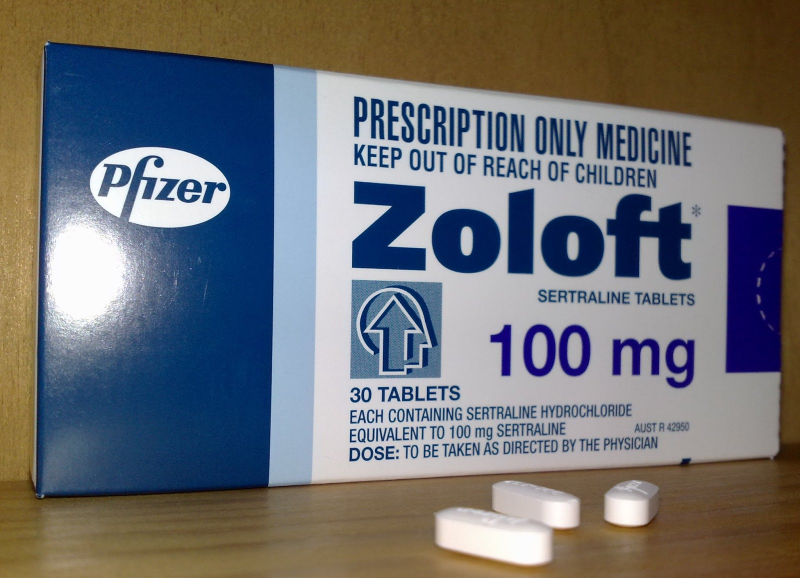
Daily Star 
Daily Star










